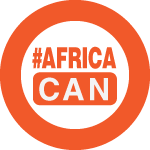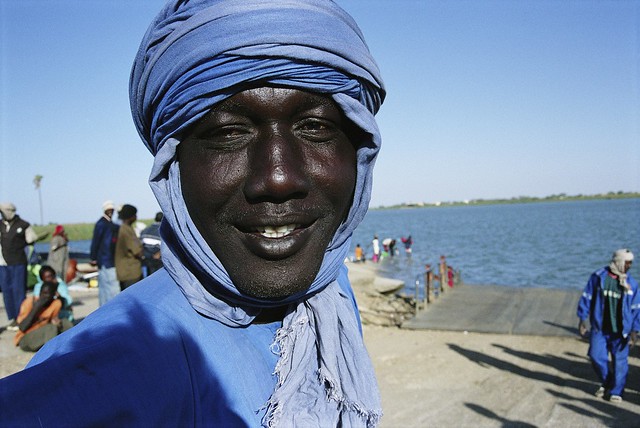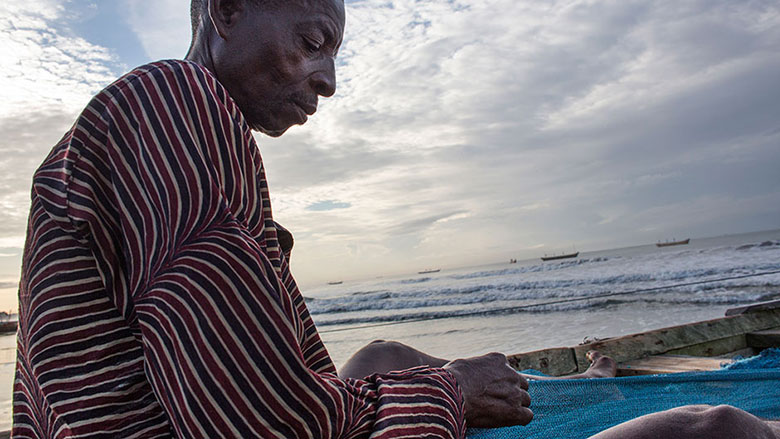Human Capital
The Social Safety Net Project in Madagascar, which will close on October 31, 2024 has supported 5.4 million people since the project began, with women accounting for 74% of direct beneficiaries. Among Human Development Cash Transfer households, 94% of school-age children attend school regularly, and almost 500,000 children under age five have benefitted from nutrition services. In 2023, Madagascar launched its Social Registry, which will improve beneficiary targeting, program coordination, and response to climatic shocks. The new Safety Nets and Resilience Project, which became effective in August 2023, is scaling up coverage of extremely poor households and promoting improved livelihoods of social assistance beneficiaries to reduce over time the need for support.
To combat malnutrition, more than two million people have benefited from health and nutrition services, and 4,500 community health and nutrition sites are operational. As well, 1,081 primary health care facilities were strengthened with necessary nutrition and health commodities and equipment. Based on a 2021 Demographic and Health Survey, stunting decreased from 42% to 39.8% nationally between 2018 and 2021, and specifically from 51% to 48% in the eight regions targeted by the Improving Nutrition Outcomes using the Multiphase Programmatic Approach (MPA) Project. This improvement is even more significant in the five regions that were enrolled in the program in 2019 and 2020, from 55% to 49%.
To improve access to and quality of education for all children, the World Bank has focused on supporting primary education reform by redesigning the curriculum and setting up classroom practices known as “structured pedagogy approach” to ensure that every child learns. Along with the training of over 50,000 teachers and 5,000 school principals across Madagascar and distribution of textbooks to over 2.7 million children in the first two years of basic education, over 17,000 teachers, school principals, and technicians have been equipped with tablets to support distance learning. Eight hundred classrooms are being built in extremely remote areas, with water points and improved sanitation facilities. The Basic Education Support Project set up 1,000 community early learning centers in rural areas and school canteens, particularly in the south of the country, benefiting over 50,000 schoolchildren.
Jobs
The series of Madagascar Integrated Growth Poles Projects have supported the development of private sector in Madagascar in the targeted regions and in the tourism, agribusiness and digital sectors. More than $27 million of private investments were leveraged, and more than 20,000 formal jobs were created. In terms of direct support to firms, more than 800 startups and small and medium-sized enterprises (SMEs) benefited from technical assistance as well as financial resources to support their growth and expansion. More than 28,000 agricultural producers working in selected cash crops or aquaculture have been supported by the projects to improve their productivity and market access. The projects also contributed to an increase in the value of exports from the main agribusiness value chains supported (including cocoa, pink pepper, sea cucumber, seaweed, (cape) peas, pink pepper, vanilla, and honey) by more than 35% and to more than $13 million in additional income for smallholders. The fourth iteration of the series is currently implemented under the Madagascar Economic Transformation for Inclusive Growth Project.
Sustainable Development
Madagascar is one of eight major global biodiversity hotspots and a priority conservation area due to the significant number of species threatened with extinction. Despite major conservation efforts, ecosystems in the country’s eastern forest are so fragmented and degraded that many native animal species have been lost. With the aim to reduce deforestation, forest degradation, and enhance forest carbon stocks, an innovative results-based carbon emission reduction program of Atiala-Atsinanana Emission Reductions Program (called PRE-AA in Madagascar, or ERPA in English) has been prepared. After achieving several milestones, Madagascar received the first payment of $8.8 million for carbon credits from reducing 1.76 million tons of carbon emissions in 2020..
The World Bank is currently providing technical assistance (TA) to the government to help the country transition from the Kyoto Protocol to the Paris Agreement. This support includes establishing a governance system for the carbon market by assisting Madagascar in setting up the Designated National Authority (DNA), and revising and improving the national legal and institutional framework for the approval of carbon projects in order to implement Article 6. Additionally, the ongoing Madagascar Ethanol Clean Cooking Climate Finance Program, which previously operated under the Kyoto Protocol, has received TA through this project. As a result of the TA, the government now has drafted updated legal documents to align with the Paris Agreement.
The Agriculture Rural Growth and Land Management Project (CASEF) achieved a major milestone by providing land tenure security for over 800,000 farmers and granting a million certificates, benefiting around 500,000 farmers in rural households. This success was made possible through the enactment of the land law in August 2023, which created a more supportive legal environment. CASEF's extensive operations covered 16 out of 23 regions, utilizing cost-effective, inclusive, and rapid methods. As a result, the project has accomplished 70% of the government's national objectives for land tenure security, issuing seven out of ten land certificates. Furthermore, Madagascar's progress has attracted interest from other African countries, with delegations from as far as Burundi and Senegal seeking to learn from their experience.
The Support to Resilient Livelihoods in Southern Madagascar Project aims for multi-sectoral development activities to build resilience while supporting local government institutions and decentralization processes and building state presence and leadership for sustainable development. Having delivered a drought emergency response with 50,000 households supported in re-starting agricultural production, those same households are now being facilitated to form small-scale agricultural associations and to access promising new value chains. Commune infrastructure – offices and equipment – has been completed in 29 target communes. 134 commune local development committees are now running and have identified and completed 51 small-sale infrastructure investments to support local development – including clinics, schools, and marketplaces – with a further 288 on course. With regards to larger resilient infrastructure, work has begun on the rehabilitation of a water distribution pipeline, on a 2000 ha reforestation program and on the stabilization of 800ha of sand dunes, where coastal erosion is encroaching onto agricultural land and on the rehabilitation of 2000ha of irrigation systems.
Infrastructure
On roads, the Connectivity for Rural Livelihood Improvement Project (PACT) recently completed the upgrade and paving of a 113-km section of the Route Nationale 44. About 110,000 people living in the vicinity of this road section now benefit directly from a much better access to transport infrastructure and services. The travel time has been divided by four, from 8 hours to 2 hours from Marovoay à Vohidiala, and the road is now easily passable during the rainy season thanks to its new pavement, drainage system, and bridges. The road is strategic for Madagascar because it serves the Alaotra-Mangoro region, considered the country's rice granary; rice is an essential product for the Malagasy population as it is the staple of their diet. Farmers are satisfied to see an increase in their revenues now that they can easily reach Ambatondrazaka, the region's capital, where they can set better prices for their products, up to three times more than before the project. The local population now also enjoy a better physical access to basic services like healthcare and education since the road serves 65 schools and 14 health centers.
On energy, with the ongoing Electricity Sec Operations & Governance Improvement Project (ESOGIP), the "Matselaka" electricity customer management system is now operational in 100% of the country, and 8,500 smart meters were deployed. The project also financed the construction and rehabilitation of 320km of distribution and transmission lines, improving network quality. Total network losses were reduced from 35% to 28% between 2016 and 2022. Under the Least-Cost Electricity Access Development Project (LEAD), the first phase of health center electrification has been achieved, and 500 basic health centers will have access to electricity by 2024. With the development of the off-grid market, 150,027 kits that benefit from the system have been distributed, and around 200,000 new customers are expected to be connected via JIRAMA grids by the end of 2024.
Last Updated: Oct 03, 2024








